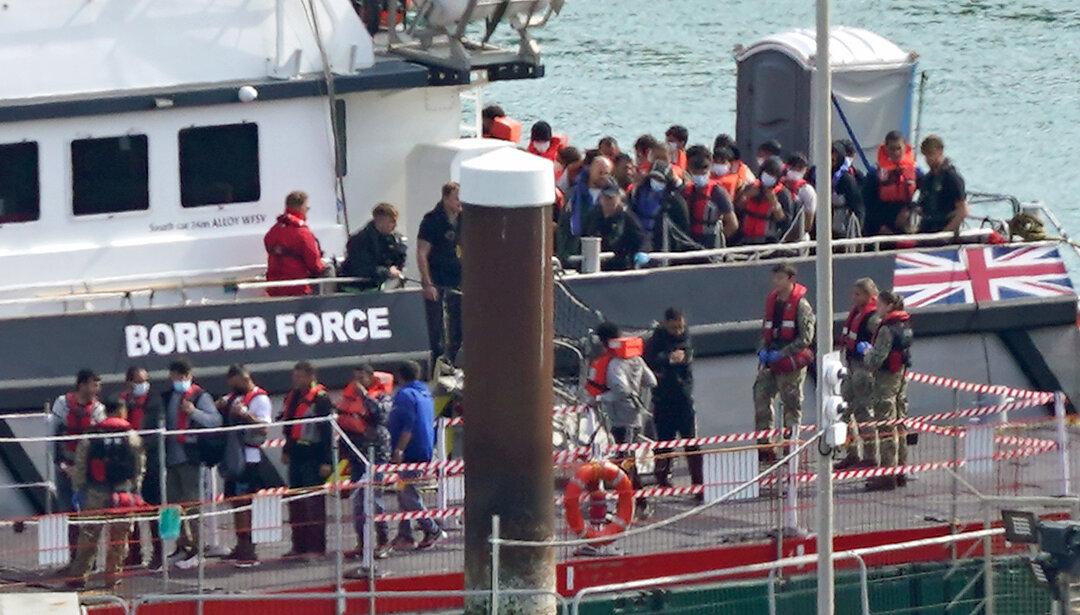The UK government is facing renewed pressure from campaigners to stop housing underage immigrants in hotels after some children were reportedly abducted.
More than 100 charities, including children’s charities Barnardo’s and NSPCC, signed an open letter to Prime Minister Rishi Sunak, calling for an immediate end to the practice, according to campaign coordinator End Child Prostitution and Trafficking (ECPAT) UK and the Refugee Council.





